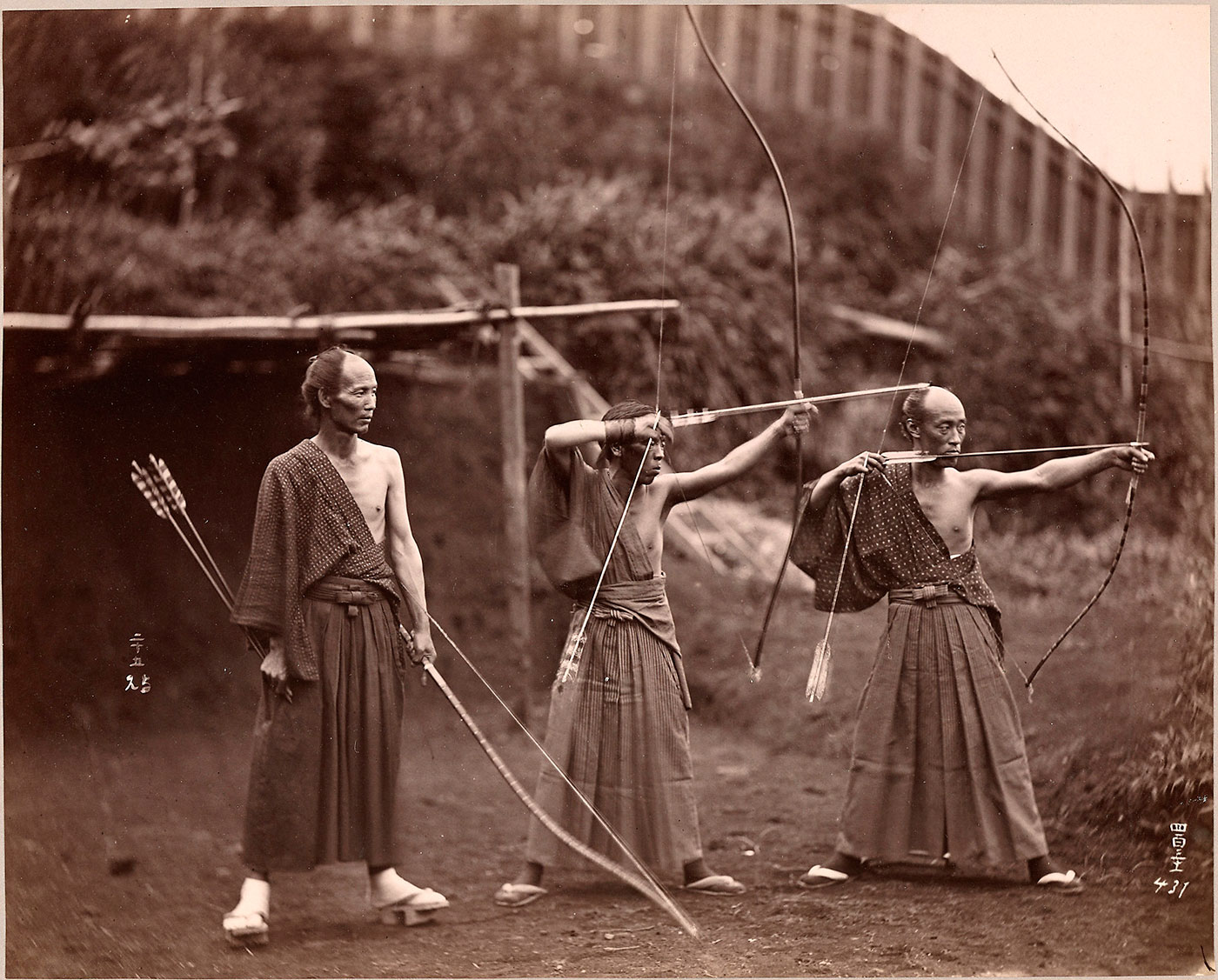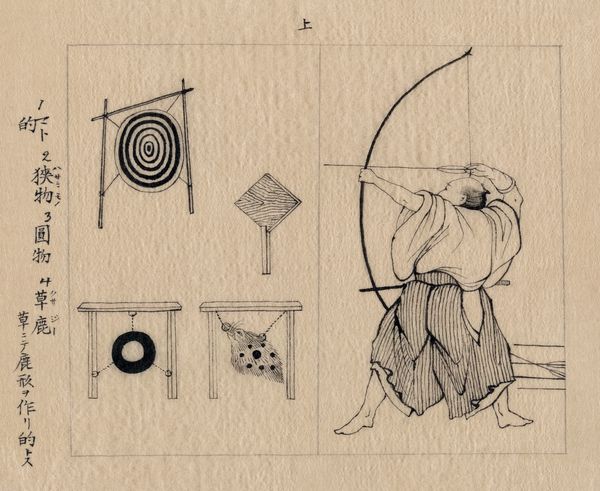"Dream, Dream, Dream! Conduct these dreams into thoughts, and then transform them into action."
- Dr. A. P. J. Abdul Kalam
"Dream, Dream, Dream! Conduct these dreams into thoughts, and then transform them into action."
- Dr. A. P. J. Abdul Kalam
2 Apr 2024
A Little Story For You ~

(Source: Google Images)
Eugen Herrigel, a German academic, relocated to Japan in the 1920s. He traveled to the city of Sendai, a few hours northeast of Tokyo, to teach philosophy at a university. Herrigel started studying Kyudo, the Japanese martial art of archery, to broaden his knowledge of Japanese culture. Awa Kenzo, a renowned archer, was his teacher. Kenzo took this idea a step further, believing that novices should learn the foundations of archery before attempting to aim at an actual target. Herrigel's only target throughout the first four years of his training was a roll of straw that was seven feet distant. Herrigel's teacher answered, "The way to the goal is not to be measured!" in response to Herrigel's complaint about the extremely sluggish pace. What significance do weeks, months, and years have? When Herrigel was eventually allowed to fire at farther-out targets, his performance was appalling. The arrows missed their target, and with every miss, he felt more defeated. In one very humiliating session, Herrigel said that his aim must be the issue. Kenzo, on the other hand, turned to face his pupil and said that the way one approached the assignment dictated the result, not whether one aimed. Herrigel became irate at this response and screamed, "Then you ought to be able to hit it blindfolded."
Kenzo paused for a moment and then said, “Come to see me this evening."
(Source: Google Images)
Archery in the Shadows ~
The two guys went back to the practice hall's courtyard after nightfall had arrived. Kenzo moved to where he usually shot, although this time the target was obscured by shadows. The archery master performed his usual actions, taking aim, drawing the bowstring tight, and shooting the first arrow into the night. Later on, Herrigel wrote of the incident, "I knew from the sound that it had hit the target." Without delay, Kenzo pulled out another arrow and shot into the darkness once more. Herrigel sprung to his feet, sprinting across the courtyard to examine his objective. "I discovered to my amazement that the first arrow was lodged full in the middle of the black, while the second arrow had splintered the butt of the first and plowed through the shaft before embedding itself beside it," the author stated in Zen in the Art of Archery. Kenzo had hit a double bullseye without being able to see the target.
Takeaway ~ Everything Is Trying To Reach

(Source: Google Images)
Expert archers frequently impart the lesson that "everything is aiming." The outcome is determined by your foot placement, bow grip, and breathing technique when releasing the arrow. Awa Kenzo was a skilled archer who was so aware of the steps involved in making a precise shot that, even in the absence of an outward target, he was able to duplicate the precise sequence of internal motions. Zanshin is the whole awareness of the body and mind in connection to the objective. In Japanese martial arts, the term "zanshin" is frequently used to describe a relaxed alertness condition. Zanshin, when translated literally, means "the mind without remainder." Stated differently, the mind was engaged in the work at hand and focused on action. Zanshin means being mindful of your environment, body, and mind at all times without putting oneself under undue stress. It is diligence done effortlessly. However, zanshin has a deeper significance in practice. Zanshin is the decision to deliberately live a purposeful life as opposed to blindly allowing everything that comes your way." Tighten your helmet after winning the battle," goes a well-known Japanese saying. Put differently, winning does not mean that the fight is over. The only times the struggle is over are when you give up, get indolent, and cease to be attentive. The act of maintaining awareness throughout life, even in the absence of goal achievement, is also zanshin.
This is a concept that applies to many aspects of life ~
A triumph has an expiration date. Success may sometimes breed arrogance. The idea that the fight is either done when it ends or that we are invincible is the feeling of righteousness that accompanies arrogance. All warfare is based on deception, sleight of hand, or misdirection. Occasionally, winning is only the beginning of a storm or a way for our opponents to have the upper hand. In martial arts, this type of technique is referred to as a sutemi-waza, or sacrifice move. We have to give up something less to acquire something larger.
It is not important to focus on striking the objective. The idea is to appreciate every step of the process and develop a deep affection for the boredom that comes with working. The idea is to seize that instant of zanshin—a state of total awareness and concentration—and keep it with you at all times throughout your life. The objective is not important. The finish line is not important. What counts is how we go about achieving the objective.